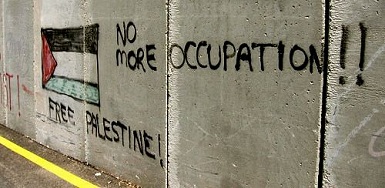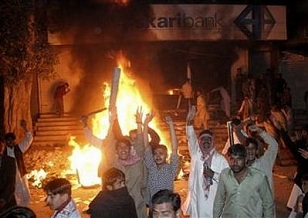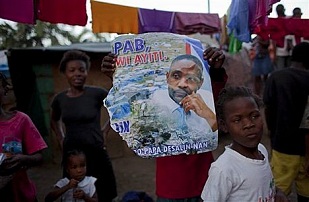International Day of Solidarity with the Palestinian People

On November 29, 1947, the UN General Assembly passed Resolution 181, the Palestine Partition Plan, granting 56% of historic Palestine to Jews (with one-third of the population), 42% to Palestinians, with Jerusalem designated an international city (a corpus separatum - separate body) under a UN Trusteeship Council. The area included all Jerusalem, Bethlelem, and Beit Sahour, to encompass Christian holy sites.
Resolution 181 called for an Independent Arab state by October 1, 1948, asking:
"all Governments and peoples to refrain from taking any action which might hamper or delay the carrying out of these recommendations," the Security Council to be empowered with "the necessary measures as provided for in the plan for its implementation."
However, Israel's 1948 "War of Independence" intervened, creating the Jewish state on May 14, 1948 on 78% of historic Palestine, excluding Gaza, the West Bank and East Jerusalem.
On December 2, 1947, the General Assembly (GA) passed Resolution 32/40 A and B, stating its deep concern:
"that no just solution to the problem of Palestine has been achieved and that this problem therefore continues to aggravate the Middle East conflict, of which it is the core, and to endanger international peace and security."
It reaffirmed "that a just and lasting peace in the Middle East cannot be established without the achievement, inter alia, of a just solution of the problem of Palestine on the basis of the inalienable rights of the Palestinian people, including the right of return and the right to national independence and sovereignty in Palestine, in accordance with the Charter of the United Nations."
Urging the Security Council to act promptly on this matter, the GA declared, "commencing in 1978, the annual observance of 29 November as the International Day of Solidarity with the Palestinian people."



























